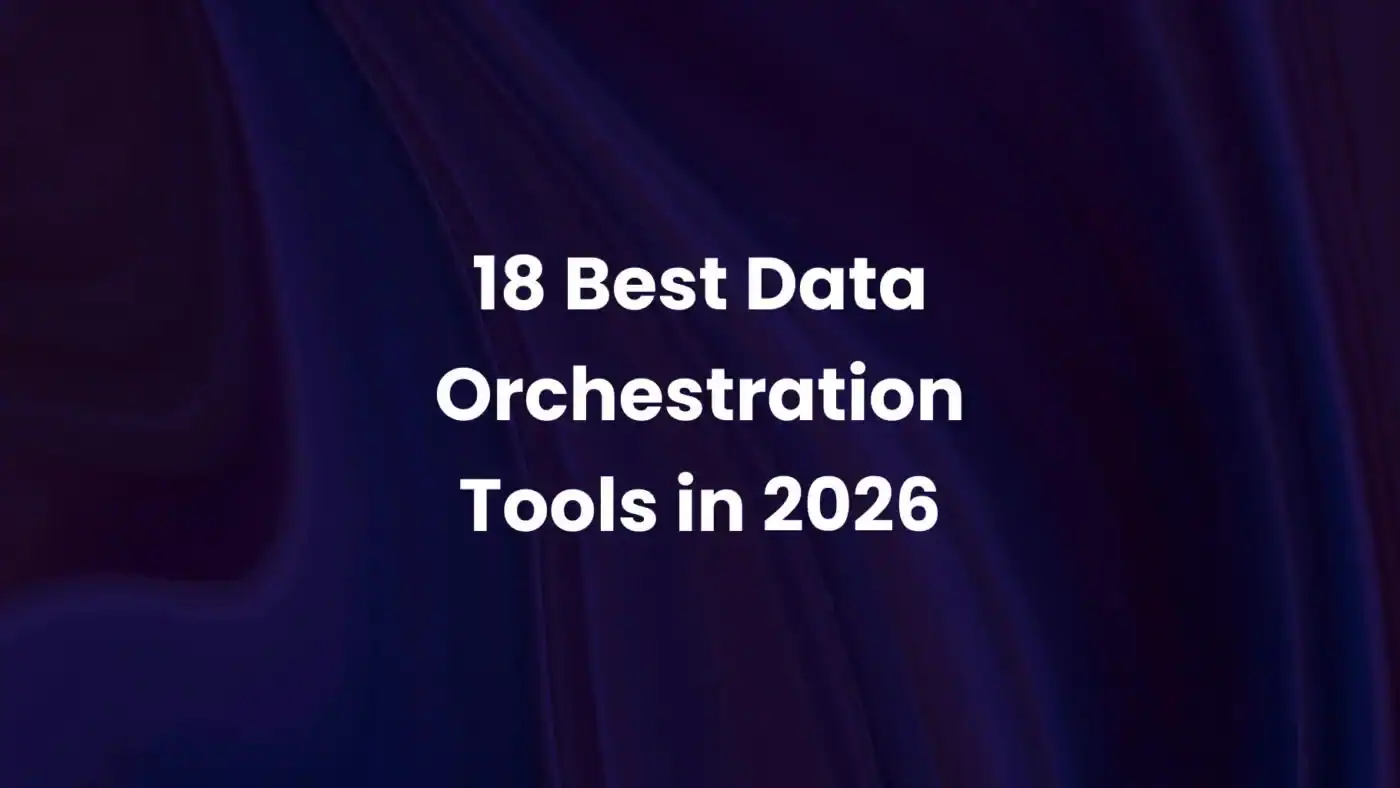Understanding what is inventory in accounting is fundamental for businesses seeking to optimise their inventory management and enhance overall financial performance. Inventory plays a pivotal role in accounting, influencing various aspects from financial reporting to operational efficiency. This article explores the concept of what is inventory in accounting, defines its role in business, and highlights its impact on strategic decisions.
What is Inventory in Accounting?
What is inventory in accounting refers to the goods and materials that a company holds with the intention of selling them or using them in the production of goods. This encompasses raw materials, work-in-progress (WIP), and finished goods. Knowing what is inventory in accounting is crucial as it affects a company’s financial statements, cost calculations, and profitability.
Accurate inventory accounting is vital for several reasons:
- Financial Reporting: Accurate inventory records help in generating precise financial statements. Inventory levels directly impact the cost of goods sold (COGS) and, consequently, the gross profit reported.
- Operational Efficiency: Efficient inventory management ensures that resources are not wasted and that stock levels meet customer demand without surplus or shortages.
- Business Decision-Making: Understanding what is inventory in accounting aids in making informed business decisions regarding purchasing, production, and sales strategies.
Definition of Inventories
The definition of inventories encompasses all items held by a business for resale or use in production. These items are classified into three main categories:
- Raw Materials: These are the basic inputs required for manufacturing products. For example, wood for furniture making or flour for baking.
- Work-in-Progress (WIP): These are goods that are in the process of being manufactured but are not yet finished. WIP includes partially completed products and the costs associated with them, such as materials and labour.
- Finished Goods: These are completed products ready for sale to customers. Finished goods inventory represents the final stage of production.
Understanding the definition of inventory in business helps companies manage their resources more effectively, optimise stock levels, and align inventory with market demand.

You may also like:
Unlocking Success: The 10 Most Powerful Inventory Formulas
Boost Your Inventory Turnover Ratio with These 5 Proven Strategies
Inventory Meaning in Business
The inventory meaning in business goes beyond just counting items; it involves strategic management and valuation. Effective inventory management ensures that a business maintains the right balance between supply and demand, which is crucial for financial health and operational efficiency. Understanding what is inventory in accounting in this context helps businesses enhance their inventory management practices.
Key aspects of inventory management include:
- Demand Forecasting: Predicting future sales based on historical data and market trends helps businesses maintain optimal inventory levels. Accurate forecasting reduces the risk of stockouts and overstocking.
- Just-in-Time (JIT) Inventory: This approach involves ordering inventory only when needed for production. JIT reduces holding costs and minimises waste by ensuring that materials arrive just in time for their intended use.
- Safety Stock: Keeping an additional reserve of inventory to protect against unforeseen demand spikes or supply chain disruptions. This helps prevent stockouts and ensures smooth operations.
- Inventory Turnover Ratio: This ratio measures how often inventory is sold and replaced over a specific period. A high turnover ratio indicates efficient inventory management, while a low ratio suggests potential issues with overstocking or slow sales.

The Role of Inventory Accounting
Inventory accounting is a crucial aspect of financial reporting, impacting the calculation of COGS and the valuation of ending inventory. Accurate inventory accounting helps in reflecting the true financial position of the business. Understanding what is inventory in accounting is essential for selecting the right inventory valuation method and ensuring accurate financial reporting.
Common inventory valuation methods include:
- First-In, First-Out (FIFO): This method assumes that the oldest inventory items are sold first. FIFO aligns with the natural flow of goods and is often used for perishable items.
- Last-In, First-Out (LIFO): This method assumes that the most recently acquired inventory items are sold first. LIFO is typically used in industries experiencing rising prices, as it matches current costs with current revenues.
- Weighted Average Cost: This method calculates the average cost of all inventory items and assigns this average cost to both ending inventory and COGS.
Each of these methods has implications for financial statements, tax obligations, and business decision-making.
Importance of Inventory Management
Effective inventory management is essential for minimising costs and maximising profits. By understanding what is inventory in accounting, businesses can better manage their stock levels, forecast demand, and control costs. Proper inventory management includes:
- Reducing Holding Costs: Efficient inventory management helps lower holding costs such as storage, insurance, and potential obsolescence. This reduces overall expenses and improves profitability.
- Improving Cash Flow: By maintaining optimal inventory levels, businesses can free up cash that can be used for other operational needs or investments. Improved cash flow supports business growth and stability.
- Enhancing Customer Satisfaction: Proper inventory management ensures that products are available to meet customer demand, leading to higher customer satisfaction and loyalty.
- Optimising Supply Chain Operations: Effective management of inventory involves coordinating with suppliers to ensure timely delivery of materials. This enhances the efficiency of the supply chain and reduces lead times.
ERP Systems and Inventory Management
ERP systems are commonly used for inventory management, but they have limitations. While these systems provide broad capabilities for managing inventory, they often fall short in specific areas such as comprehensive reporting. Understanding what is inventory in accounting can help businesses address these limitations and improve inventory management.
Challenges associated with ERP systems include:
- Limited Functionalities: ERP systems often provide standardised modules that may not meet the unique needs of every business. This can result in gaps in functionality and require additional customisation.
- Complex Implementation: Setting up an ERP system involves significant time and cost investments. Businesses must allocate resources for system configuration, training, and ongoing maintenance.
- Data Dependency: ERP systems rely on accurate data inputs. Incomplete or incorrect data can lead to inaccurate reporting and decision-making, impacting overall inventory management.

Integrating Data into a Data Warehouse
Integrating inventory data into a data warehouse can overcome the limitations of ERP systems and provide more accurate and comprehensive insights. Understanding what is inventory in accounting within this context helps businesses leverage data warehouses for better decision-making.
Benefits of data warehouse integration include:
- Centralised Data Repository: A data warehouse consolidates data from multiple sources into a single repository, offering a unified view of inventory information. This improves data accessibility and facilitates advanced analytics.
- Enhanced Reporting: Data warehouses provide advanced reporting and analytical capabilities, enabling businesses to generate customised reports tailored to their specific needs and use cases.
- Improved Data Quality: Data integration processes involve data cleansing and validation, ensuring that the data in the warehouse is accurate and reliable for decision-making.
Challenges with ERP Systems
While ERP systems offer various benefits, they can also pose challenges, especially when it comes to inventory management. Understanding what is inventory in accounting highlights the importance of addressing these challenges to ensure effective inventory management.
Challenges include:
- High Implementation Costs: Implementing an ERP system involves costs for software licenses, hardware, customisation, training, and maintenance. These expenses can be substantial, particularly for smaller businesses.
- Change Management: Adopting an ERP system requires significant changes to existing processes and workflows, which can be challenging for employees and may necessitate extensive training and support.
- Scalability Issues: As businesses grow and evolve, their needs change. ERP systems may not always scale effectively to meet these evolving requirements, leading to the need for additional investments in upgrades and customisation.
Advantages of Tailored Inventory Solutions
Tailored inventory solutions offer several advantages over generic ERP systems or black-box solutions. By understanding what is inventory in accounting and opting for customised solutions, businesses can enhance their inventory management practices and improve overall performance.
Advantages of tailored inventory solutions include:
- Customisation: Tailored solutions can be customised to fit the unique needs of your business, ensuring that the solution aligns with your specific processes and requirements.
- Integration: Custom solutions can seamlessly integrate with your existing tech stack, sales channels, and other systems, improving data flow and operational efficiency.
- Advanced Reporting: Tailored solutions offer advanced reporting capabilities that provide insights specific to your business, reducing reliance on additional spreadsheets and manual data entry.
- Flexibility: Custom solutions can adapt to changes in your business model, ensuring they remain relevant and effective as your business evolves.
Conclusion
Understanding what is inventory in accounting is crucial for optimising inventory management and enhancing overall financial performance. What is inventory in accounting encompasses the goods and materials a business holds for resale or production, including raw materials, work-in-progress, and finished goods. Accurate inventory accounting impacts financial statements, cost of goods sold (COGS), and overall business strategy.
To address the limitations of traditional ERP systems, which often provide only standard functionalities and limited reporting capabilities, businesses should integrate their inventory data into a data warehouse. This approach ensures a comprehensive view of inventory, leading to more accurate forecasts and improved decision-making. By understanding what is inventory in accounting within this context, businesses can benefit from advanced reporting and analytics that go beyond the capabilities of standard ERP systems.
Tailored inventory solutions further enhance inventory management by offering custom reporting, seamless integration with existing systems, and adaptability to specific business needs. Unlike generic black-box solutions, these tailored systems provide detailed insights and support effective inventory optimisation.
In summary, recognising what is inventory in accounting and leveraging advanced inventory management techniques, whether through data warehouses or customised solutions, is key to improving performance, reducing costs, and achieving long-term business success. Embracing these strategies helps businesses achieve operational excellence and make informed decisions that drive growth and profitability.
Using Kleene for Retail Inventory Management
Kleene is a leading AI-powered inventory management solution trusted by data-driven companies worldwide. With its advanced demand forecasting capabilities and comprehensive data analysis tools, Kleene gives retailers everything they need to confidently optimise inventory levels, reduce costs and improve operational efficiency. It’s a must-have platform for retail inventory management.
With Kleene’s predictive analytics and actionable insights, retailers can find new opportunities for growth around every corner. AI-powered retail inventory management offers immense potential for retailers to find ways to optimise their supply chain operations and drive enhanced customer satisfaction. In adopting a few best practices and leveraging a platform like Kleene, retailers can stay ahead of the curve.
Download our free e-book on how CFOs can master working capital in retail.
You may also like:
Efficient Stock Control System: 5 Ways to Enhancing Inventory Management
7 Unmissable Ways Inventory Tracking Management Outperforms ERP Systems
7 Powerful Tips for Small Business Inventory Management to Maximise Efficiency
The Ultimate Guide to Inventory Management Software: Top Solutions for 2024
What is inventory control: 10 Strategies
10 Strategies for Effective Inventory Management Stock
Achieving Optimal Stock Levels: 5 Effective Strategies
Frequently Asked Questions About Inventory
- What is an inventory?
An inventory is a comprehensive list of all goods and materials a business holds for resale or production. This includes raw materials, work-in-progress items, and finished goods. - What does inventory mean?
Inventory refers to the goods and materials held by a business for resale or use in production. It includes various categories such as raw materials, work-in-progress, and finished goods. - What are inventories?
Inventories are the collection of items a business keeps for resale or use in production. This includes raw materials, work-in-progress, and finished goods. - What is inventory definition?
The inventory definition encompasses all items a business holds for resale or production, including raw materials, work-in-progress, and finished goods. - What is inventory in business?
Inventory in business refers to the goods and materials a company maintains to support its operations and generate revenue. This includes raw materials, work-in-progress, and finished goods. - What is inventory in accounting?
What is inventory in accounting refers to the goods and materials held by a business, impacting financial statements, cost calculations, and overall business performance. - What is inventory meaning in business?
The inventory meaning in business involves the management and valuation of goods and materials held for resale or production, impacting financial performance and operational efficiency. - Meaning of inventory?
The meaning of inventory includes the goods and materials a business holds for resale or production, which influences financial performance and business operations.



